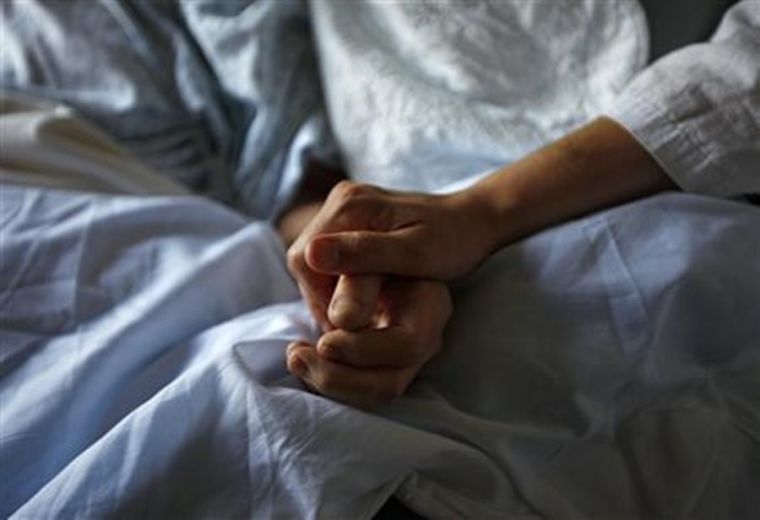Health workers told they should speak to dying patients about faith to enhance end of life care

Healthcare workers should not only attend to the physical concerns of dying patients but also their spiritual needs.
This was pointed out recently by the National Institute for Health and Care Excellence (NICE), an independent organisation set up by the British government in 1999.
NICE came up with the advisory after a 2016 report showed that just one of seven people dying in English hospitals were able to communicate their spiritual wishes to the medical staff, Christian Concern reported.
NICE has come out with measures aimed at enhancing the care for dying patients, addressing both their spiritual and physical concerns.
Revd Dr. Malcolm Brown, who is the director of mission and public affairs in the Church of England, welcomed the NICE initiative.
"We particularly welcome the advice to ask people, as they approach death, about their spiritual and religious concerns," he said. "People's views and needs can change radically as the inevitability of death approaches and dying can be eased considerably if careful opportunities to express or discuss these matters are created."
The NICE advisory was issued three months after a nurse at a hospital in Dartford, Kent was relieved of her job after discussing Christianity and offering to pray with patients before operations, according to the Daily Mail.
The Darent Valley Hospital fired Sister Sarah Kuteh for allegedly breaching hospital guidelines, even though her job involved asking people preparing for surgery about their religion.
"All I had done was to nurse from my heart. How could it be harmful to tell someone about Jesus?" Kuteh said.
Meanwhile, a report by the King's Fund said the rationing of medical staff by the National Health Service (NHS) is causing dying patients to suffer in pain, The Telegraph reported.
The report said dying hospital patients are being left for hours without pain relief due to nursing shortages.
"The district nurses working at night are not able to give effective response times. "You can wait up to eight hours... for patients experiencing pain and discomfort in the last two to three days of their life, it has a massive impact," one hospice manager told the King's Fund.











